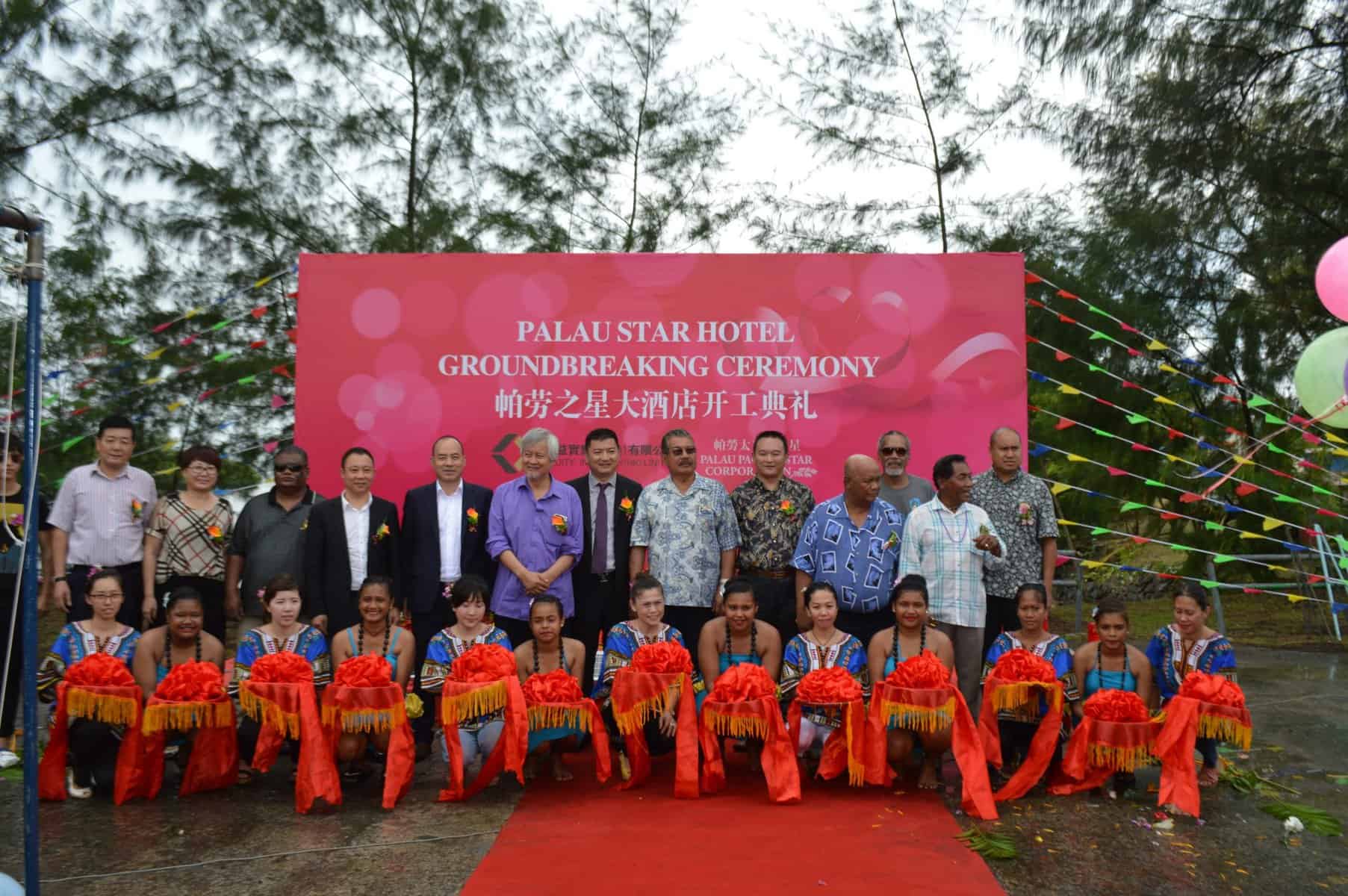Palau’s President Surangel Whipps Jr has responded to an investigative report that has revealed activity in Palau by “organised criminals with links to the Chinese Communist Party”, by stating that there is nothing worse than a country with a damaged reputation.
"It’s going to be hard to repair a damaged reputation so it’s our responsibility to protect it," President Whipps told the Palau media in his year-end press conference.
President Whipps also outlined a number of measures the government is taking, with international support, to combat illegal activities.
Please Subscribe to view full content...
Register New Account
